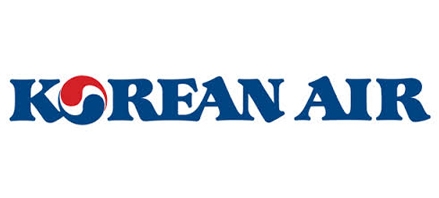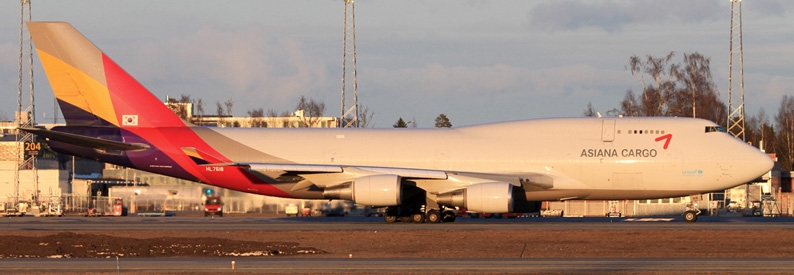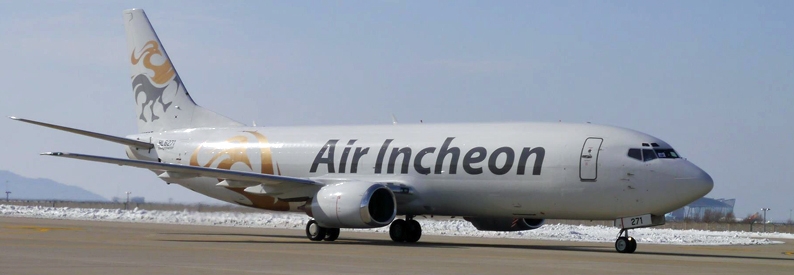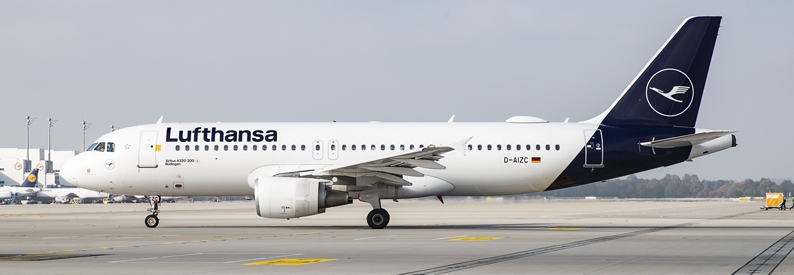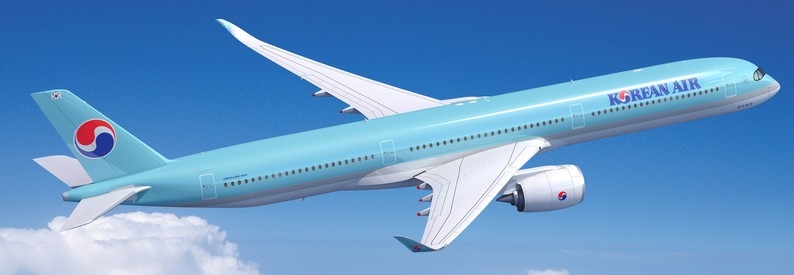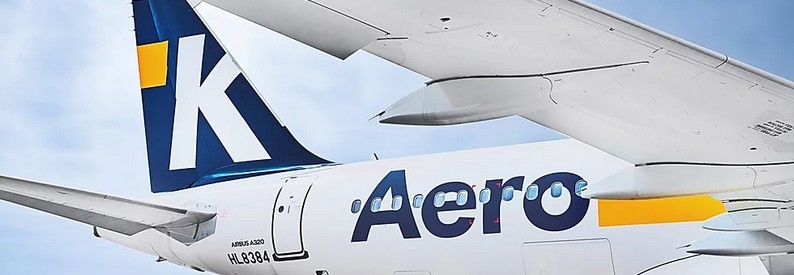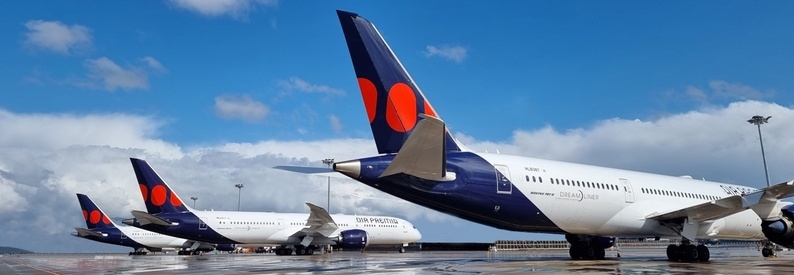Korean Air (KE, Seoul Incheon) is planning to retire all A380-800s, including those it will inherit from Asiana Airlines after the two airlines merge, within the next five years, Chief Executive Walter Cho told FlightGlobal.
"The A380s will be leaving Korean Air’s fleet within five years, and the B747-8 fleet will also follow suit within ten years," he said.
The Korean carrier currently owns and operates ten A380-800s, 9.4 years old on average, the ch-aviation fleets module shows. Asiana Airlines operates an additional six of which it owns four and leases the other two from Minsheng Financial Leasing. Asiana's A380s are 6.4 years of age on average. Korean Air, at this time, operates just one of its A380s - on the Seoul Incheon-Guangzhou route - while Asiana Airlines has its entire fleet of the type in storage.
Although Cho's comments hint at a limited future for the A380s in South Korea, they remain one of the few commitments to continue operating the type in the post-COVID-19 pandemic period. So far, the only airlines to unequivocally pledge to do so are Emirates - the type's largest operator, Singapore Airlines, British Airways, Qantas, China Southern Airlines, and ANA - All Nippon Airways.
In terms of B747-8s, Korean Air operates ten aircraft in a passenger configuration. They are 5.3 years old on average and are split evenly between owned and leased units. Korean Air is one of just three operators of the type in passenger configuration globally alongside Lufthansa and Air China.
Cho didn't specify whether the retirement plan also covers B747-400ERF and B747-8(F) freighters, of which Korean Air has four and seven, respectively.
Korean Air will be replacing the quadjets primarily with smaller and more fuel-efficient widebodies. The carrier's twin-aisle passenger fleet currently comprises eight A330-200s, twenty-two A330-300s, twelve B777-200ERs, four B777-300s, twenty-six B777-300(ER)s, and ten B787-9s. It has another ten B787-9s and ten B787-10s on firm order from Boeing. Asiana Airlines, in turn, is renewing its long-haul fleet with the A350 Family: it already has thirteen A350-900s with a further eight on firm order, alongside nine A350-1000s on order. The carrier's current widebody fleet consists of fifteen A330-300s, a single B747-400, five B767-300s, and nine B777-200(ER)s.
Cho said Korean Air is continuously evaluating the B777X but underlined that there would not likely be sufficient demand in years to come to justify an order for an entirely new type.
